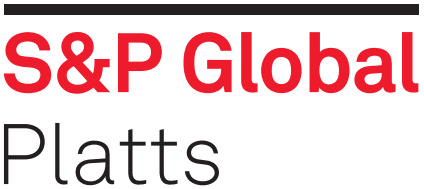
The European Commission’s steel import safeguards scheme must be strengthened to achieve the end it was designed for in a “highly challenging market,” ArcelorMittal CEO Lakshmi Mittal said Thursday.
In addition, all steel used in the EU needs to be subject to the same carbon levies as products made within the EU, Mittal said during a webcast with investors.
“We need an improvement in the safeguards,” said Mittal, noting that the EC’s current review of the safeguards will end on September 30. ArcelorMittal has opted to reduce its flat steel production capacity by 4.2 million mt/year in Europe in a move to better balance supplies and demand. The company will also destock in Europe in the second half which may be positive for prices, he said.
“It’s very hard for anyone to have a decent return, therefore production has to go down to give better results,” Mittal said.
Luxembourg-based ArcelorMittal swung to a net loss of $447 million for the three months ended June 30, against a net profit of $1.87 billion year on year, the global steelmaker said Thursday, amid weak demand and high import levels in Europe and extraordinary charges on operations in Italy and the US.
According to European Steel Association Eurofer, steel imports into the EU still accounted for nearly one quarter of regional consumption in Q1 despite the introduction of the quotas system on imports last year. Steel markets were buoyant for most of 2018 but at the end of that year started to suffer a “surprising downturn” followed by soaring key steelmaking raw materials prices, Mittal said. Steel consumption in China however continues “fundamentally in positive territory,” he added.
ArcelorMittal has no plans to take down capacity in the US and is proceeding with a hot-rolled coil expansion in Mexico and a cold-rolled, coated and galvanized steel expansion in Brazil, Mittal said. A positive performance in its mining division, which has benefited from high iron ore prices, “highlights the benefits of diversification,” he said.
Still, asset divestments will occur over the next two years, as the company embarks on a portfolio optimization program worth $2 billion, in a move to reduce net debt.
“Now we need to identify the assets,” Mittal said.
In Europe, Mittal indicated he was encouraged by a recent statement by Ursula van der Leyden, the incoming president of the EU Commission, of a “green border adjustment” which would mean steel products entering the EU would be subject to similar carbon costs as steel produced within the region. Carbon emissions costs under the Emissions Trading Scheme to which EU steelmakers are tied are currently at an 11-year high.
ArcelorMittal is developing three pathways to reduce carbon emissions from steelmaking, including hydrogen-based ironmaking, use of circular carbon energy sources and carbon capture and storage.
“All solutions we developed are unique and ahead of the curve,” Mittal said. “But to develop all these we need a level playing field.”
— Diana Kinch




